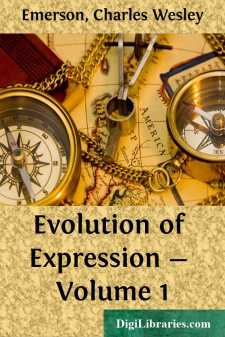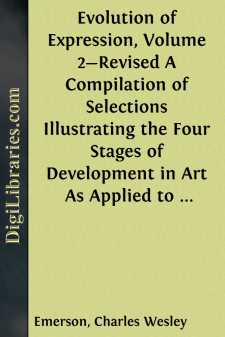Categories
- Antiques & Collectibles 13
- Architecture 36
- Art 48
- Bibles 22
- Biography & Autobiography 815
- Body, Mind & Spirit 144
- Business & Economics 28
- Children's Books 18
- Children's Fiction 14
- Computers 4
- Cooking 94
- Crafts & Hobbies 4
- Drama 346
- Education 58
- Family & Relationships 59
- Fiction 11835
- Games 19
- Gardening 17
- Health & Fitness 34
- History 1378
- House & Home 1
- Humor 147
- Juvenile Fiction 1873
- Juvenile Nonfiction 202
- Language Arts & Disciplines 89
- Law 16
- Literary Collections 686
- Literary Criticism 179
- Mathematics 13
- Medical 41
- Music 40
- Nature 180
- Non-Classifiable 1768
- Performing Arts 7
- Periodicals 1453
- Philosophy 65
- Photography 2
- Poetry 896
- Political Science 203
- Psychology 44
- Reference 154
- Religion 515
- Science 126
- Self-Help 85
- Social Science 83
- Sports & Recreation 34
- Study Aids 3
- Technology & Engineering 60
- Transportation 23
- Travel 463
- True Crime 29
Charles Wesley Emerson
Charles Wesley Emerson (1837–1908) was an American minister, educator, and the founder of Emerson College in Boston, Massachusetts. He was deeply interested in oratory and speech, believing in the power of communication to shape character and influence society. Emerson authored several books, including "Evolution of Expression," which emphasized the importance of effective public speaking. His educational philosophy was rooted in fostering individual expression and personal development, values that remain central to Emerson College today.
Author's Books:
Sort by:
INTRODUCTION. Teach me, then, To fashion worlds in little, making form, As God does, one with spirit,—be the priest Who makes God into bread to feed the world. —Richard Hovey. The revised edition of the "Evolution of Expression" is issued in response to frequent requests from teachers and students for a formulation of those principles upon which natural...
more...
SLIDE. Thus far in the student's development, his mind has dealt chiefly with each subject as a Whole. Now he begins to find a new interest in showing his hearers that the discourse is made up of a series of definite Parts. He takes delight in fixing their attention upon each part in succession. As in crossing a brook on stones, a person poises for a moment, first on one stone, then on another, so...
more...



